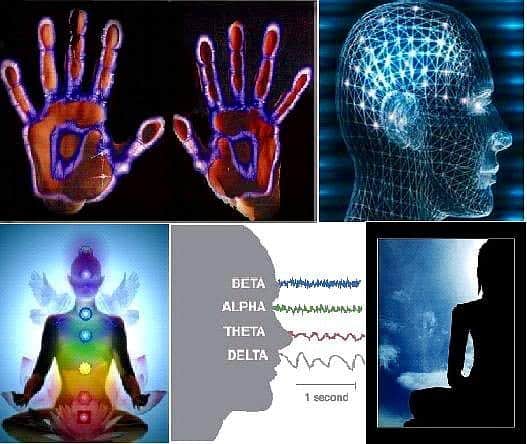At the nexus of science and spirituality, an emergent field named Neurotheology beckons. With cutting-edge brain imaging tools, scientists are unraveling how practices like meditation and prayer may reshape our neural architecture, possibly hinting at a divine connection.
Exploring Neurotheology: Unveiling the Connection Between Brain and the Divine
Neuroscience research suggests that our brains might be inherently wired to connect with the sublime. Pioneers in this quest, researchers Andrew Newberg and Eugene D’Aquilli of the University of Pennsylvania, have made significant strides.
Using positron emission tomography (PET), the duo has charted the brain activity of individuals engrossed in deep meditative states.
Their findings, encapsulated in a U.S. best-selling book, tease the idea that the human brain may innately connect with realms beyond our tangible universe.
A Divine Imprint in the Brain? Science Investigates Neural Spirituality

Newberg and D’Aquilli’s seminal discovery notes that during meditation or deep relaxation, certain brain areas linked with personality recede. Practically, this means an individual might feel united with an all-encompassing entity, momentarily transcending their individual self—echoing historical accounts of mystical or spiritual trances.
This burgeoning academic field has earned the title “neurotheology.”
According to its proponents, there might be a divine fingerprint within the human brain—a biological beckoning towards the sacred.
Substantiating these theories, studies were conducted on individuals from varied religious backgrounds, like Tibetan monks and Franciscan friars, employing SPECT (Single Photon Emission Computed Tomography) technology.
The insights from gamma cameras were startling. Brain activity underwent profound changes during spiritual practices, with heightened activity in the frontal regions and a retreat in the parietal lobes. The latter, pivotal for our spatial perception and sense of self, when diminished, induces feelings of unity with the cosmos.
The Brain’s Frontier: Can Spirituality Bolster Our Health?
Such revelations have ignited deep-seated debates in both scientific and spiritual communities. While some interpret these outcomes as tangible proof of God’s existence, skeptics opine that religious experiences are merely by-products of brain mechanics, devoid of external reality.
Beyond this schism, the allure of neurotheology and its ramifications continues to swell. Additional research has delved into the nexus between brain stimuli and hallucinogens and some even sought to induce mystical experiences through electromagnetic signals.
One particularly promising avenue examines the bond between spirituality and health. Preliminary studies intimate that spirituality might bolster the immune system. Yet, the precise causality remains elusive, beckoning further exploration.
In summation, neurotheology invites us on a riveting odyssey where science and spirituality intertwine, endeavoring to decipher humanity’s profound mysteries and our bond with the divine.
As science marches forward, new insights and debates emerge, promising to shed light on our brain’s intimate ties with the cosmos.





